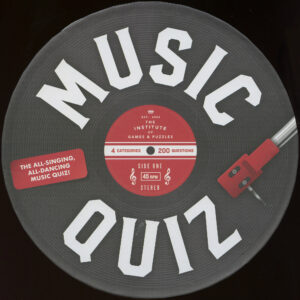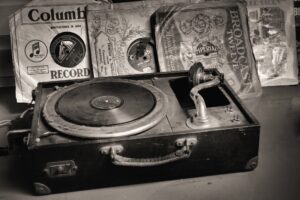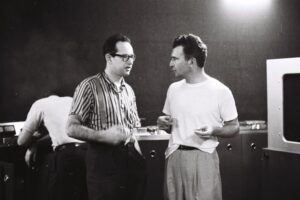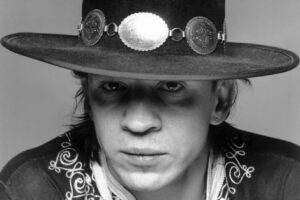- A Conversation About "Song for My Father" 34:35
- Comparison: Intros of "Song for My Father" and "Rikki Don't Lose that Number" 0:33
Horace Ward Martin Tavares Silver, one of the most important jazz musicians of the twentieth century, was born on September 2, 1928 and died on June 18, 2014. Chris Kelsey wrote a nice profile of Horace Silver’s career at www.bluenote.com.
Silver’s contribution was hard bop, a subgenre that flowed from bebop. It’s not a great name. Bebop is characterized by fast and highly complex playing. The word “hard” to me suggests taking that tendency to the max – playing “harder.” The truth is the opposite: Silver and other players turned away from the emphasis on speed and technique and re-introduced elements of gospel, blues and rhythm and blues.
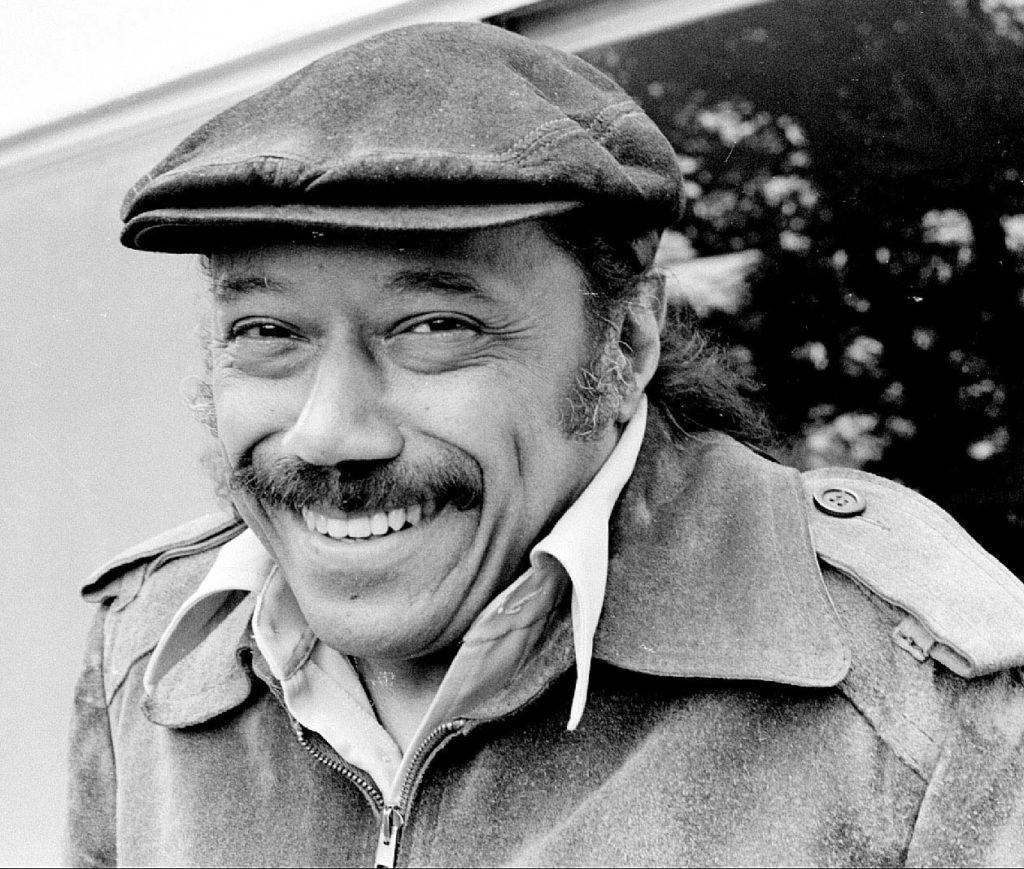
Silver was born in the New York City area. His music was influenced by his father, who was from Cape Verde. Indeed, the piece that my brother Walter and I discuss in the embedded conversation above is “Song for My Father.” Silver mentions its roots at the beginning of the clip, which is embedded below.
Silver’s big break came in 1950, when he was hired by tenor great Stan Getz. He spent the year with Getz and subsequently freelanced around New York City with the jazz giants of the era, including Lester Young and Coleman Hawkins. Kelsey does a nice job telling the story, which includes forming the seminal band “The Jazz Messengers” with Art Blakey, one of the great drummers in jazz history.
“Song for My Father” was the title track of an album released in 1964. The live version below, which the notes at YouTube says was recorded in Copenhagen in April, 1968, features Silver, Bernie Maupin on tenor sax, Bill Hardman on trumpet, John Williams on bass and Billy Cobham on drums.
In addition to the great song and playing, it’s a tremendous video that perfectly illustrates the intensity of the musicians. An interesting side note that may be of special interest to rock fans is the similarities between the first few seconds of “Song for My Father” and Steely Dan’s “Rikki Don’t Lose that Number.” The passages are not exactly the same, but pretty close. It’s most likely a tribute by Becker and Fagan. I’ve included a comparison above.
My brother Walter and I spoke about Silver and “Song for My Father” above. We previous discussed Eric Clapton and Jimi Hendrix.
Editor’s Pandering: If you are interested in Horace Silver, please check out the items below. Going from this site directly to Amazon without any interim stops to buy one of these items — or anything else — supports the site because we get a small percentage of the purchase price. The price you pay remains the same, so please consider it.

